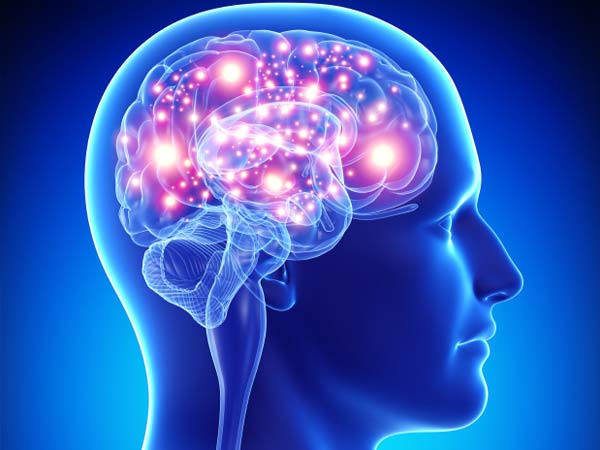HIV—the virus that causes AIDS—can cause a variety of neurological complications. These range from cognitive disorders, to psychological illnesses, to other brain-related conditions. Some are directly caused by the virus, while others are triggered by secondary infections related to your weakened immune system. Some can even be caused by the very medications you take to fight HIV.
Neurological complications usually don’t occur until infection by HIV is advanced. But for people with AIDS, about half will experience some type of brain problem. If you are HIV positive or have AIDS, learning about potential neurological conditions and risk factors will help you take steps to prevent or minimize these complications.
Cognitive Disorders
HIV is able to cross one of your body’s natural defense systems: the blood-brain barrier, which normally protects your brain and spinal cord from blood-borne threats. Crossing the blood-brain barrier is believed to occur shortly after you are infected with HIV. The resulting inflammation can impact the cognitive centers in your brain—where you learn and process information.
Before widespread use of antiretroviral medications, about 40 to 60% of people with HIV/AIDS experienced neurocognitive disorders; today, the number is much lower. Risk factors for cognitive disorders include drug abuse, co-infection with hepatitis, family history of dementia, decreased body mass, and aging.
Three types of HIV-associated neurocognitive disorders have been identified:
- Asymptomatic neurocognitive impairment: This condition doesn’t usually cause any functional difficulties, but neurocognitive tests can show very slight impairment.
- Mild cognitive disorder: You may experience minor difficulties in cognitive processing, such as problems concentrating, forgetfulness, change in personality, slowed movements, and lack of coordination.
- HIV-associated dementia (also referred to as AIDS dementia complex): This condition primarily affects people who are at an advanced stage of HIV infection. It’s marked by moderate to severe functional impairment, including significant problems with memory, concentration and motor function, as well as behavioral abnormalities.
Mental Health Conditions
HIV can cause changes in the brain that increase the risk of depression, anxiety disorders, delusions, hallucinations, and other behavior changes. In addition, people who have a higher risk of HIV infection—African American men and women, and gay and bisexual men—also have a higher risk of mood disorders to begin with; having HIV increases this even further.
The medications used to treat HIV can also cause symptoms of mental illness. For example, steroids, which are given for inflammation, can cause mania and depression, as can the popular antiretroviral Ziduvudine (Retrovir, AZT); another common antiretroviral, eflavirenz (Sustiva) can cause decreased concentration, depression and nervousness.
Brain Illnesses and Infections
Besides cognitive and mental health problems, HIV can cause a variety of other brain illnesses, such as:
- Viral, fungal, bacterial and parasitic infections including cytomegalovirus and herpes virus; cryptococcal meningitis; toxoplasma encephalitis. Untreated syphilis is a bacterial infection that, coupled with HIV infection, can quickly move throughout the central nervous system.
- Neuropathy, which is damage to nerves throughout the body. Neuropathy is more common with advanced HIV infection.
- Vacuolar myelopathy, a condition in which tiny holes develop in the myelin coating of the nerves in the spinal cord, causing difficulty walking. It’s more common in adults with untreated AIDS and children with HIV.
- Brain tumors including lymphomas of the central nervous system




